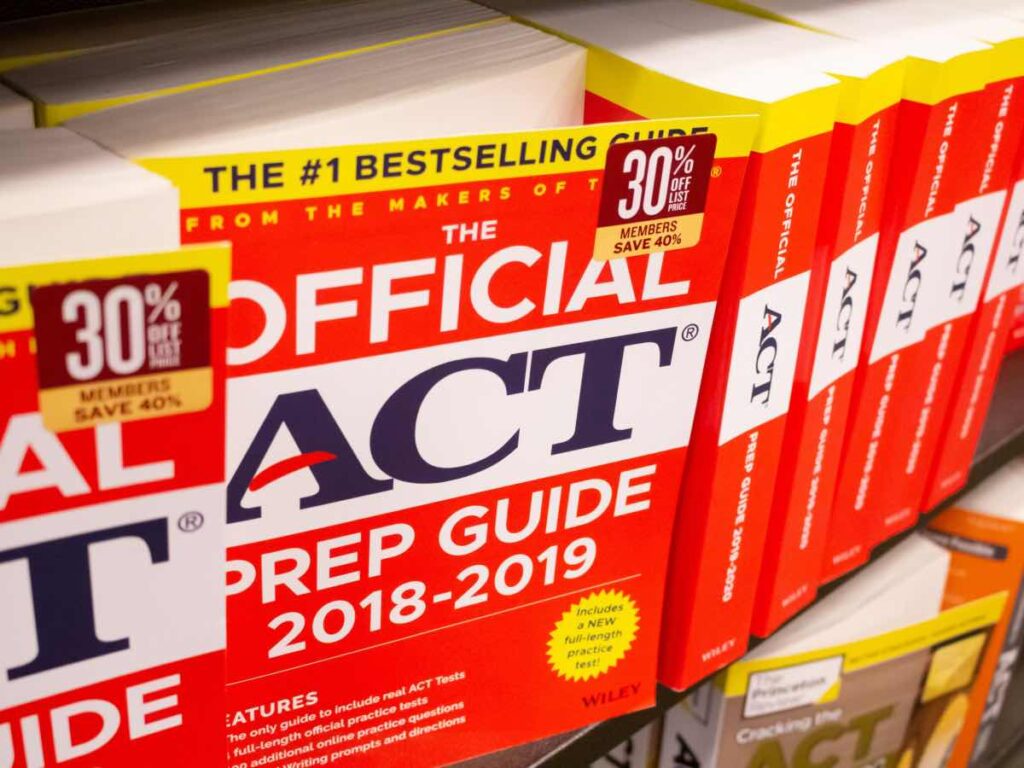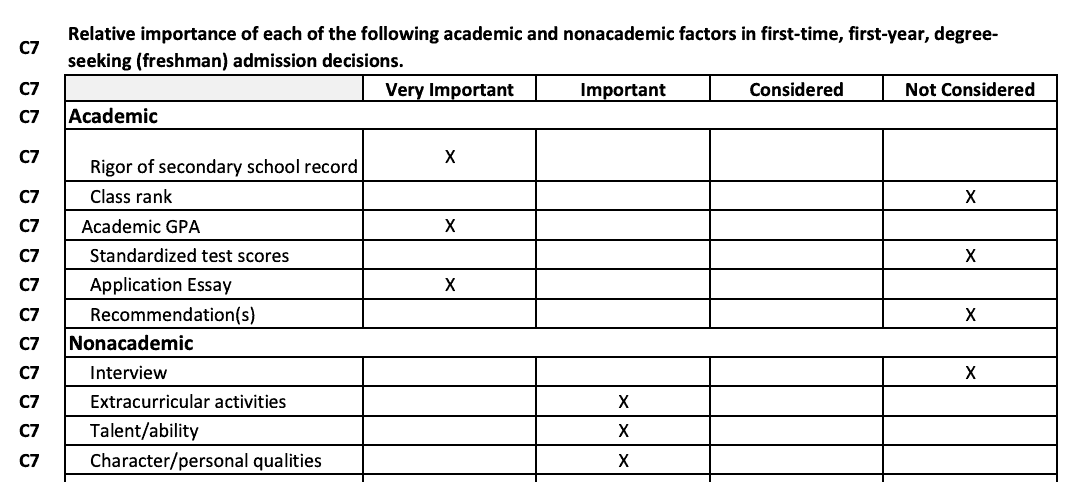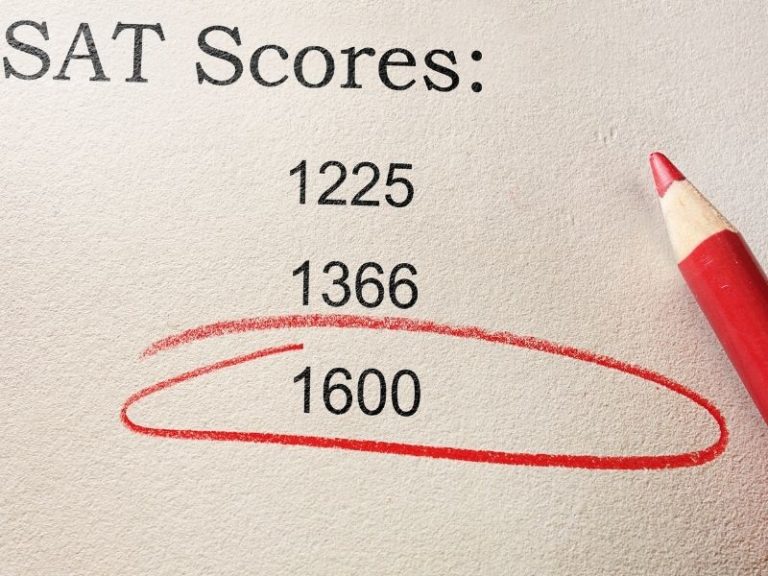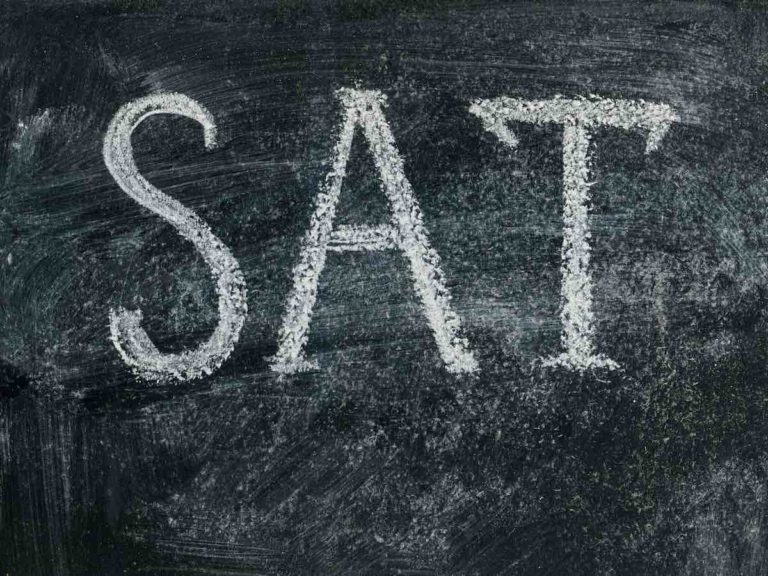High GPA, Low ACT: What to Do and Strategies for Success
Test-required colleges require the submission of ACT (or SAT) scores.
Many test-optional schools recommend candidates report their test scores, too, even if their submission is voluntary — some even consider the highest section scores across various test dates through a process called superscoring.
It’s easy to assume that an applicant with a high GPA also has a high ACT score.
Unfortunately, that’s not always the case.
If you’re like that, applying to your dream college could cause a lot of stress and anxiety.

Reasons for a Low ACT Score
A low ACT score doesn’t necessarily mean that the test-taker knows nothing.
Various reasons exist why a college applicant with an impressive high school GPA has a not-so-impressive ACT score.
Bad at Taking Tests
According to Macmillan Learning, up to 91% of students are bad test-takers.
It includes those who know the course material.
Among those, around 56% identify as bad test-takers.
Some high school teens may have high GPAs for showing consistency and perseverance in the classroom, but those with poor test-taking strategies may fare poorly on the ACT.
It doesn’t necessarily mean they’re not ready for college — they may just be bad at taking tests like standardized ones.
Test Anxiety
Some bad test-takers may get a low ACT score due to a lack of effective approaches to answering exams.
But then some test-takers get bad scores as they cannot focus on the questions.
In many instances, these students suffer from test anxiety.
The National Center for Biotechnology Information says that approximately 25% to 40% of US students have test anxiety, which, at higher levels, can substantially lower test scores.
Even gifted students are not exempt from feeling anxious when taking tests.
Lack of Access to Support
It’s no secret that wealthy teens score higher on standardized tests than their poor peers.
Students from low-income backgrounds rarely have access to quality ACT prep resources — they can cost anywhere from as low as $80 to as high as $2,000 or even more, depending on the features and tailoring for the student’s needs.
They are also less likely to attend well-funded high schools in their districts.
Meanwhile, rich high schoolers are attending institutions that are likely to offer standardized test preparation classes, which give them an advantage not only on the ACT but also in the college admissions process.
Also, teenagers from well-off households can retake the ACT in order to get better scores.
Subject-Specific Strength
The high school GPA is the average of numerous secondary school courses.
On the other hand, the ACT composite score is the average of the following subjects:
- English
- Reading
- Math
- Science
Some high school students with high GPAs may excel in subjects apart from the ones mentioned above.
Because the ACT does not test their strongest suits, getting a low score is likely.
Low ACT Score’s Effect on Admissions
A low ACT score with a high GPA can affect your admissions chances in various ways.
Whether or not it can boost it depends on the review process at the colleges you apply to.
Scared of the Challenge College-Level Courses Bring
Different high schools compute GPAs in varying manners.
Due to this, most college admissions officers evaluate applications by putting a candidate’s GPA into context, usually by considering the classes taken in high school.
A high GPA low ACT combo may sometimes mean the student didn’t push the envelope.
For instance, you have a high GPA maybe because all your courses throughout your high school career are standard ones — you didn’t take any college-level courses such as AP classes because you were afraid of the challenge.
Unfortunately, many institutions, especially competitive ones, like students who challenge themselves.
This may make your GPA high, but not the academic rigor of your high school record.
Paired with a low ACT score, your high GPA devoid of AP course grades may not look as impressive in the eyes of college admissions officers as you would like to think.
You may have a higher GPA than another applicant who took some AP classes.
Given that AP classes are harder than standard high school courses, which makes getting high grades in them difficult, the individual is likely to have a low GPA, especially if the high school uses an unweighted GPA.
Because of this, colleges look at both unweighted and weighted GPAs to get a better picture.
Not Yet Ready for College
Many institutions consider standardized test scores as a measure of an applicant’s college readiness.
Therefore, having a high GPA but low ACT score could easily mean to them that while you may be a successful high school student, you may not be able to survive college that well.
In an instance like this, you must prove that you are as ready for college as a high ACT scorer.
It’s when the importance of strengthening your college application’s other components comes in.
Thankfully, a college with a holistic admissions policy considers not only academic factors but also non-academic ones, giving you the chance to impress even if your ACT score doesn’t look that good.
For example, you may highlight your leadership skills from extracurricular participation and volunteering.
Or you may showcase your talents and abilities that could make the campus more diverse and exciting.
Low or High, the ACT Doesn’t Matter
If you suppose that all prestigious colleges and universities want to see high ACT scores, think again!
You could have an ACT score of 1, the lowest possible score, and still get in.
Test-blind schools are postsecondary institutions that do not care about standardized test scores.
Believe it or not, some of the most competitive colleges in the United States have a test-blind admissions policy — low ACT scores won’t disappoint them, and high ACT scores won’t impress them.
One test-blind elite institution is UCLA.
GPA is “very important” like academic rigor and application essay in its admissions process,
On the other hand, class rank, recommendations, and test scores do not count at all.
To see it’s true, visit section C7 of UCLA’s Common Data Set (CDS) report.

However, it’s worth noting that your GPA will undergo recalculation to adapt to the UCLA grading scale — yup, UCLA GPA recomputation is something admissions officers do to fit their standard.
Without any care about your ACT score, you must rely heavily on your GPA to get in.
Improving Your ACT Score
Depending on the college, a low ACT score may lower your chances of getting accepted.
This is true even if you have a high GPA.
Therefore, it’s crucial to increase your ACT score to boost your admissions chances to test-required and many test-optional schools, where test scores serve an important role in the review process.
With a good GPA score, which is the single most important admissions factor, you’re almost there!
You just have to take some necessary steps to improve the figures on your ACT score sheet.

Take Practice Tests
I would recommend developing good study habits to ace the ACT score when you retake it.
However, given that your high school GPA is phenomenal, it’s safe to assume you have no trouble in that department.
Is it your test anxiety or being a bad test-taker to blame?
Consider taking multiple practice tests before the test day arrives — fortunately, the creator and administrator of the ACT, which is ACT, Inc., offers sample questions that you can answer free of charge.
Alas, they are not full-length practice tests.
Develop Better Test-Taking Strategies
The fact that the ACT is a timed exam can leave you pressured.
Unnecessary stress while sitting for the ACT can worsen your test anxiety and keep you from concentrating.
To worry less about running out of time during the ACT, have a smarter test-taking plan.
For instance, apply the process of elimination when answering multiple-choice questions.
This works by determining the wrong answers instead of the correct one — eliminate two wrong choices and you instantly get a 50% boost in getting the correct answer!
It’s also a good idea to skip hard questions and go back to them after answering easy ones.
Finally, use the ACT test booklet to your advantage by writing notes on it or underlining important words or sentences to help you work through many of the questions, especially lengthy ones.
Identify Weak Areas
Taking one ACT practice test after the other for boosted test-taking skills and lowered test anxiety isn’t enough.
As you score each test, identify your weaknesses.
Devote more time to expanding your knowledge base of subjects in question to improve the scores of ACT sections you are faring poorly in, therefore increasing your composite score.
It’s also a good idea to identify questions that take you some time to answer.
Before you take another ACT practice test, study more on areas that you tend to make a lot of mistakes in or have a hard time understanding quickly, and focus less on your strongest suits.
Read Next: Low SAT High GPA: What to do
Disclaimer: The views and opinions expressed in this article are those of the authors and do not necessarily represent those of the College Reality Check.





